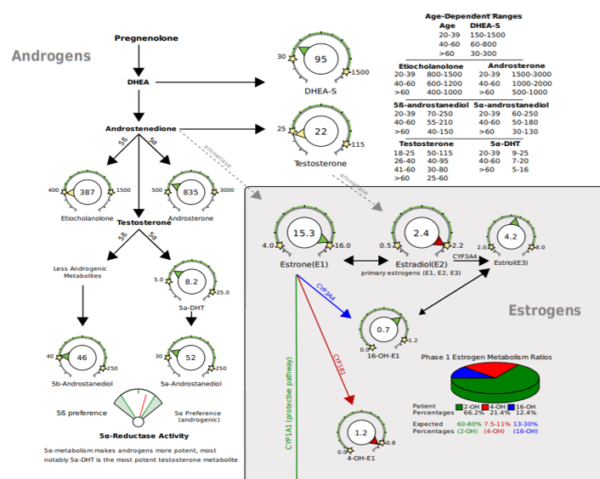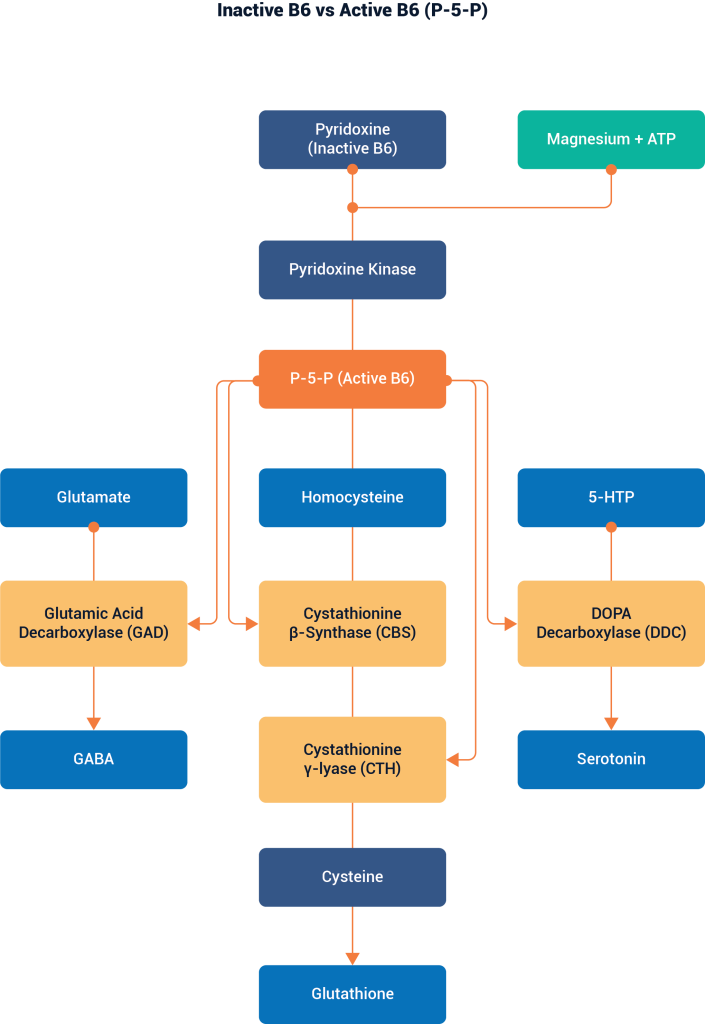Summary
Supplementation was shown to increase focus and work absorption, alongside a reduction in fatigue in deficient individuals.
Abstract
Background:
Methods:
We first conducted a population-based cross-sectional investigation of healthy young adults (n = 214, 20–39 years), and analyzed the associations of serum vitamin C concentrations with vitality (fatigue and attention) and mood status (stress, depression, and positive and negative affect) using Pearson’s correlation and multiple linear regression analyses. Next, we performed a double-blind RCT in healthy subjects whose serum vitamin C concentrations were inadequate (< 50 umol/L). Subjects were randomly allocated to receive 500 mg of vitamin C twice a day for 4 weeks (n = 24) or a placebo (n = 22). We assessed vitality, which included fatigue, attention, work engagement, and self-control resources, and measured mood status, including stress, depression, positive and negative affect, and anxiety. ELISA determined serum brain-derived neurotrophic factor (BDNF), and a Stroop color–word test evaluated attention capacity and processing speed.
Results:
In the cross-sectional data, the serum vitamin C concentration was positively associated with the level of attention (r = 0.16, p = 0.02; standardized B = 0.21, p = 0.003), while no significant associations with the levels of fatigue and mood variables being found. In the RCT, compared to the placebo, the vitamin C supplementation significantly increased attention (p = 0.03) and work absorption (p = 0.03) with distinct tendency of improvement on fatigue (p = 0.06) and comprehensive work engagement (p = 0.07). The vitamin C supplementation did not affect mood and serum concentrations of BDNF. However, in the Stroop color–word test, the subjects supplemented with vitamin C showed better performance than those in the placebo group (p = 0.04).
Conclusions:
Inadequate vitamin C status is related to a low level of mental vitality. Vitamin C supplementation effectively increased work motivation and attentional focus and contributed to better performance on cognitive tasks requiring sustained attention.
Source: https://doi.org/10.1007/s00394-021-02656-3
Find out more about RN Labs excipient free Ascorbic Acid here.




